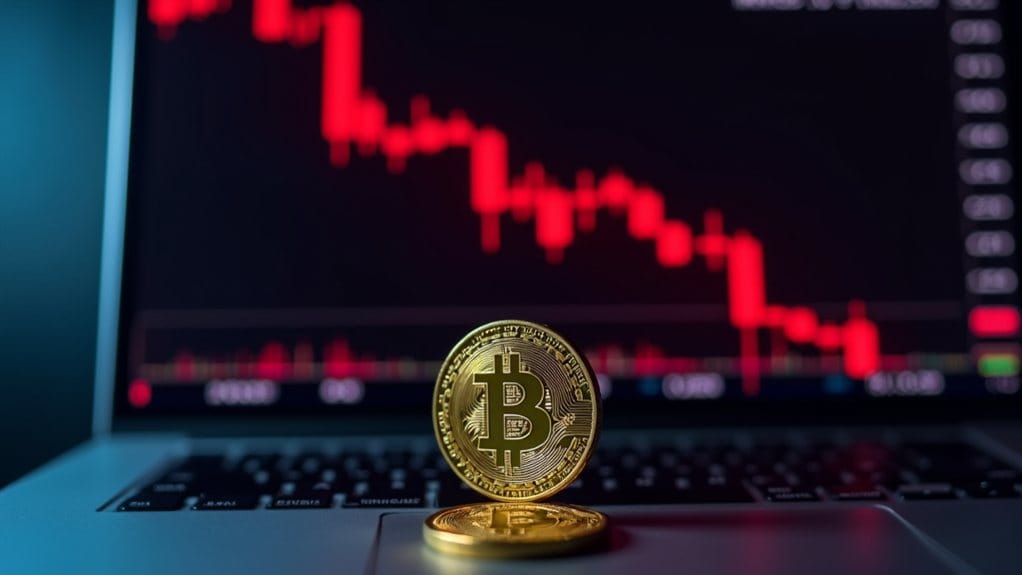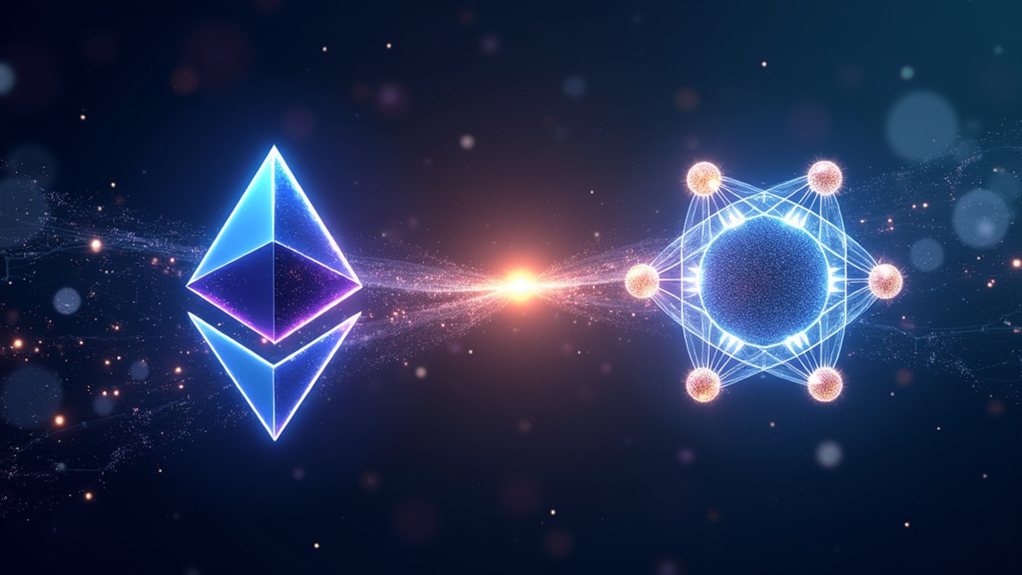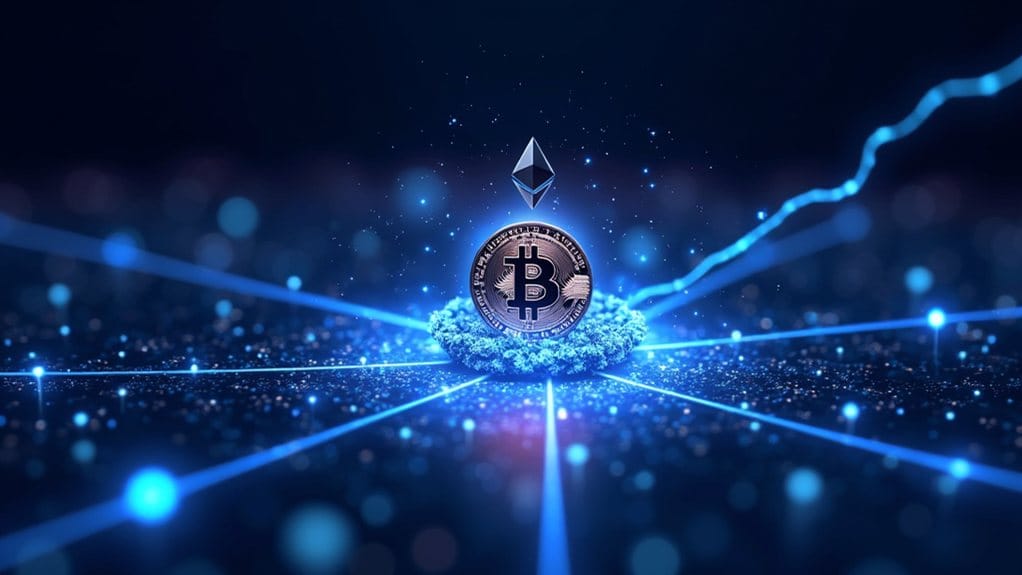Aave Labs has released a transformative initiative called Horizon, strategically designed to bridge the expanding gap between traditional finance and decentralized ecosystems through the integration of real-world assets (RWAs). This pioneering project focuses specifically on tokenized securities and other traditional financial instruments, aiming to improve market efficiency while addressing the compliance and risk management requirements vital for institutional participation. The platform utilizes Aave’s GHO stablecoin as its primary liquidity source, establishing a sustainable economic model where 50% of initial-year revenue will be shared directly with the Aave DAO.
Horizon introduces tokenized money market funds as collateral for stablecoin borrowing, creating new pathways for institutional capital deployment within decentralized frameworks. Operating initially under Aave V3 protocols with plans to shift to V4, the platform supports permissioned RWAs that satisfy regulatory requirements while maintaining DeFi’s core principles of transparency and efficiency. Unlike traditional market hours restrictions seen in CeFi platforms, Horizon offers continuous 24/7 access to financial services. The current tokenized public securities market has reached a valuation of nearly 2.5 billion dollars. This architectural approach enables financial institutions to utilize familiar asset classes while gaining exposure to DeFi’s typically higher yields without significant operational overhead.
Tokenized securities unlock DeFi yields for institutions while maintaining regulatory compliance through Aave’s permissioned RWA architecture.
The introduction of institutional-grade RWAs into DeFi ecosystems represents a substantial liquidity expansion, potentially catalyzing development of sophisticated financial products that bridge traditional and decentralized finance. The initiative was officially launched March 13, marking a significant milestone in DeFi’s evolution toward institutional integration. By attracting substantial institutional capital, Horizon positions Aave as an industry leader in RWA integration, potentially improving market stability through diverse collateral types and experienced market participants. This evolution could dramatically enhance capital efficiency across both traditional and decentralized markets.
Despite its promising outlook, Horizon faces considerable challenges, including traversing complex regulatory frameworks that vary across jurisdictions and overcoming institutional skepticism regarding decentralized technologies.
Smart contract security remains paramount as new asset classes introduce novel technical requirements and potential vulnerabilities.
Nevertheless, Aave’s methodical approach to connecting traditional finance with decentralized infrastructure demonstrates how DeFi protocols can evolve to accommodate sophisticated financial instruments while preserving the core principles that distinguish blockchain-based finance from conventional systems.









